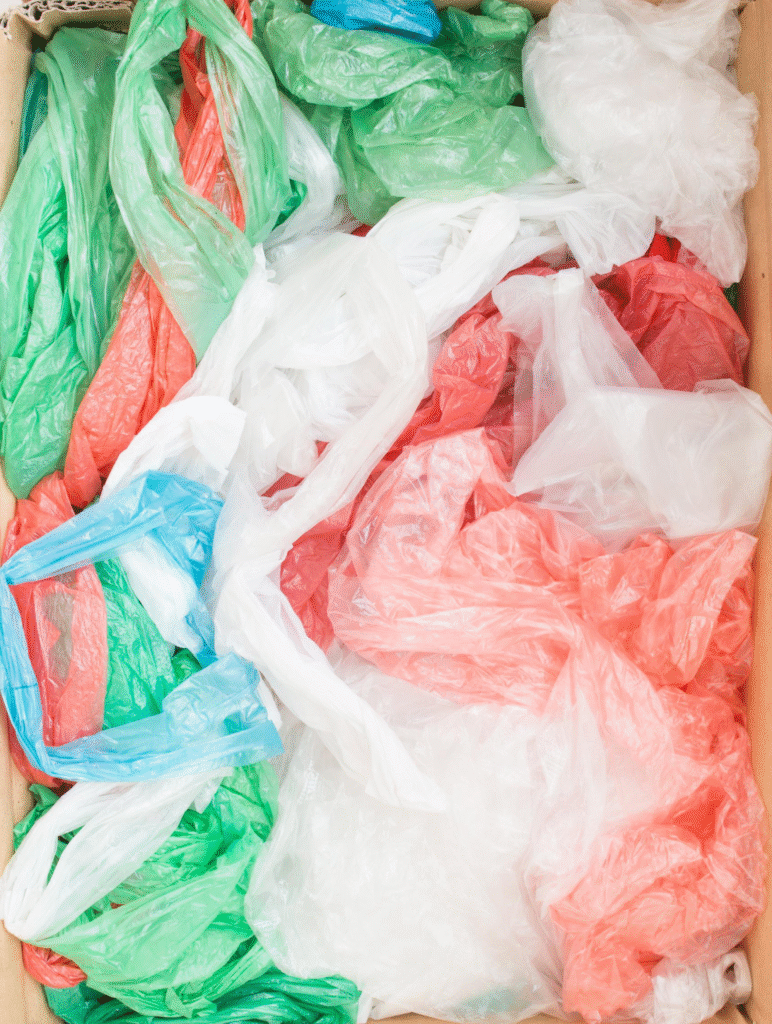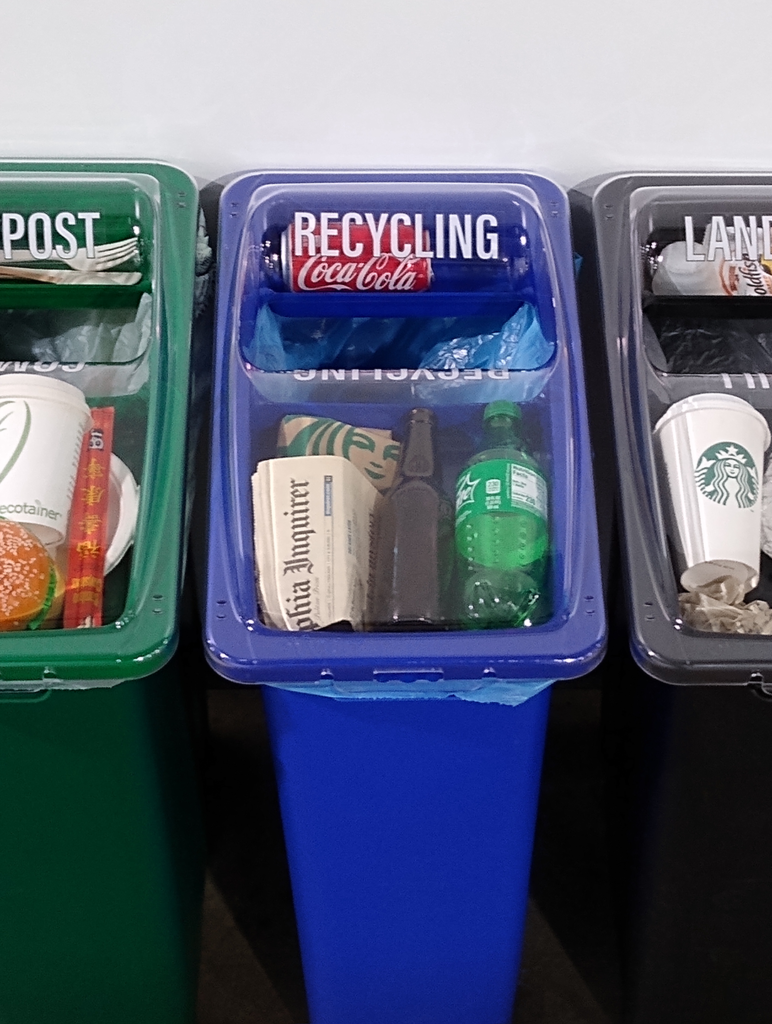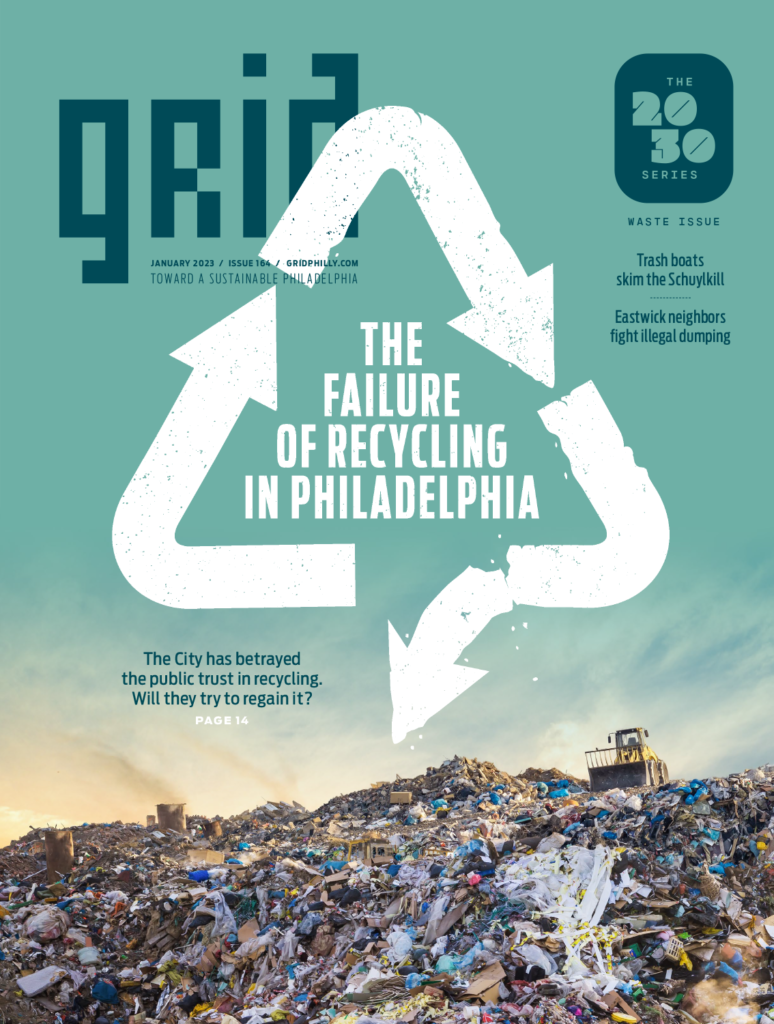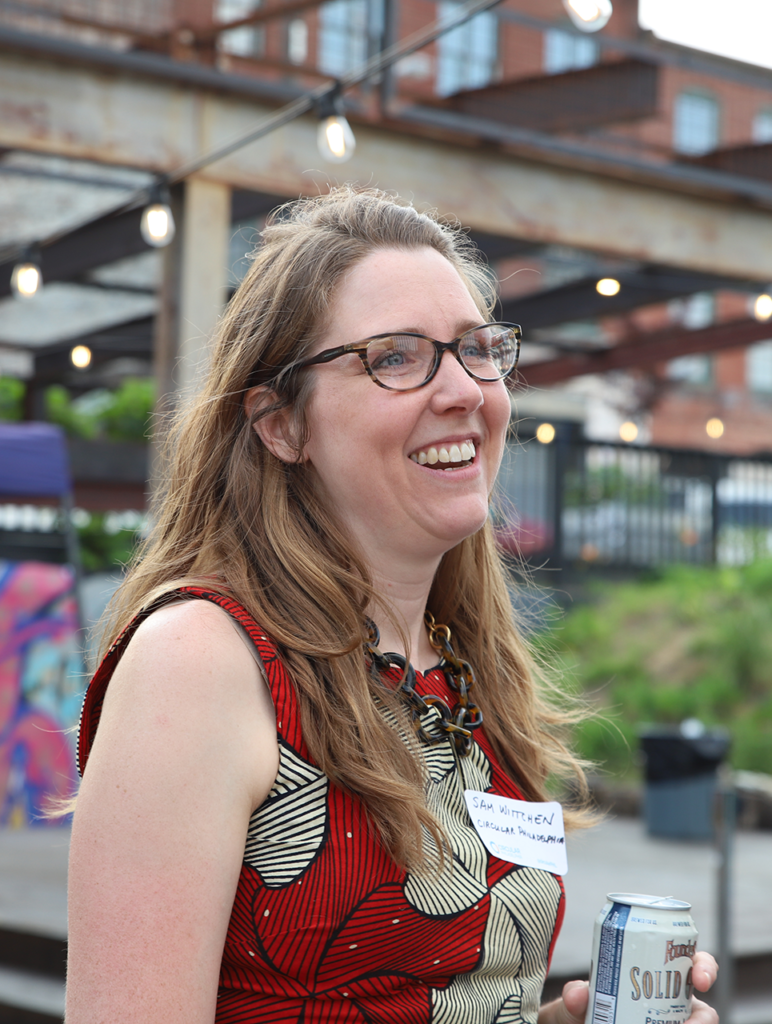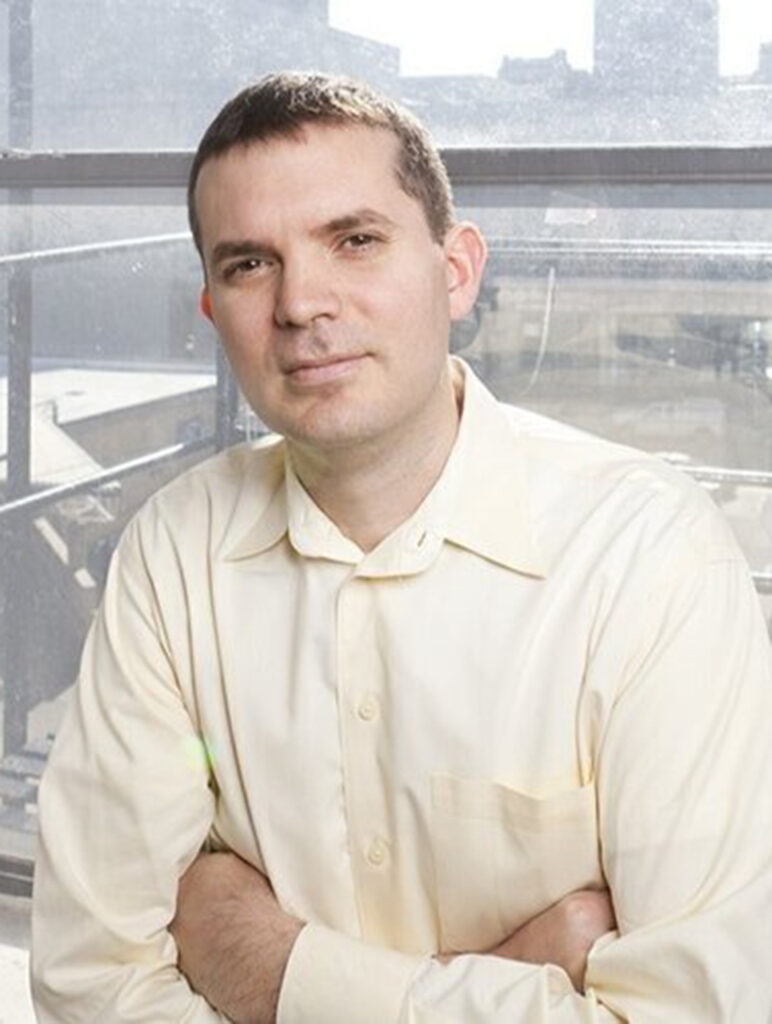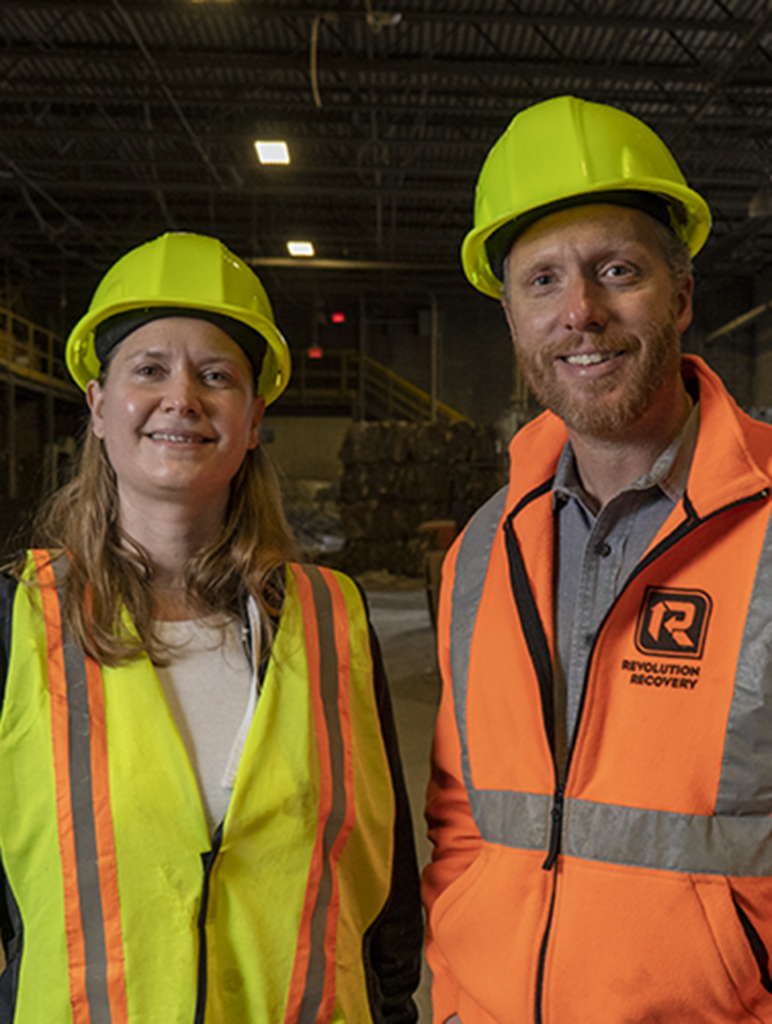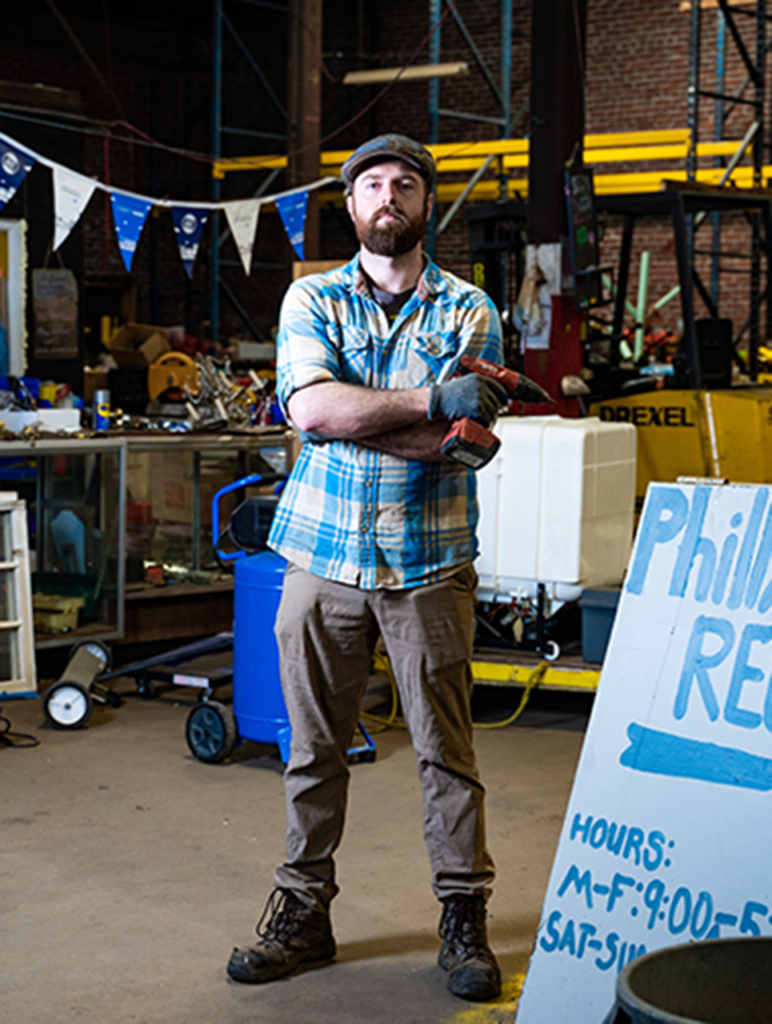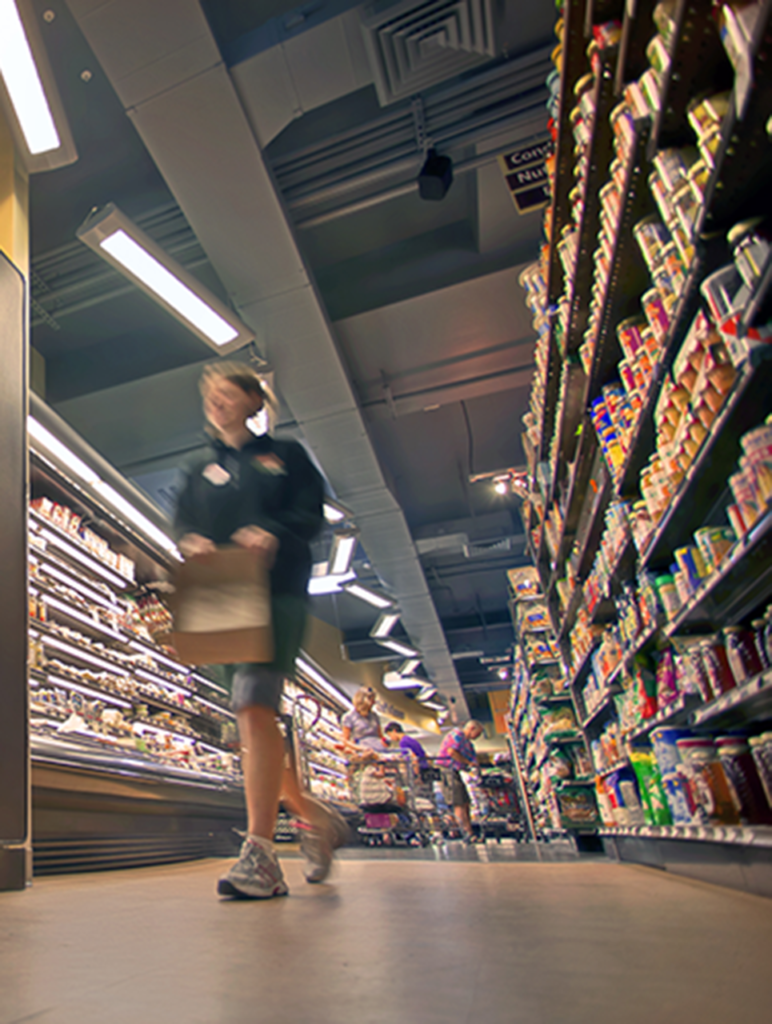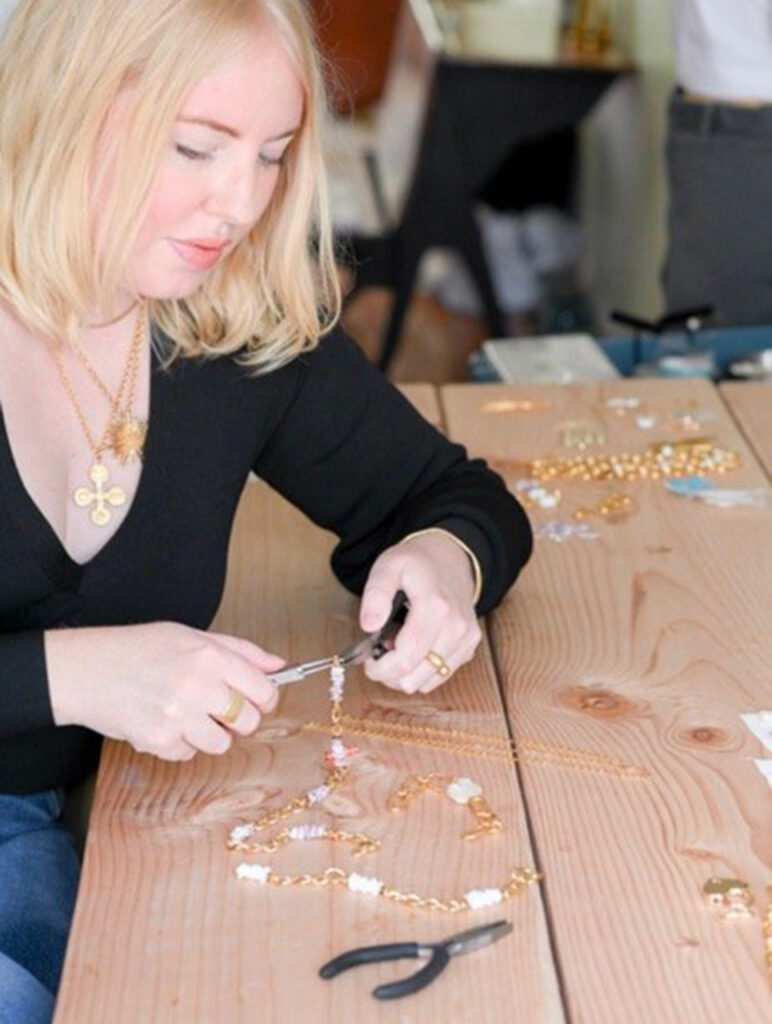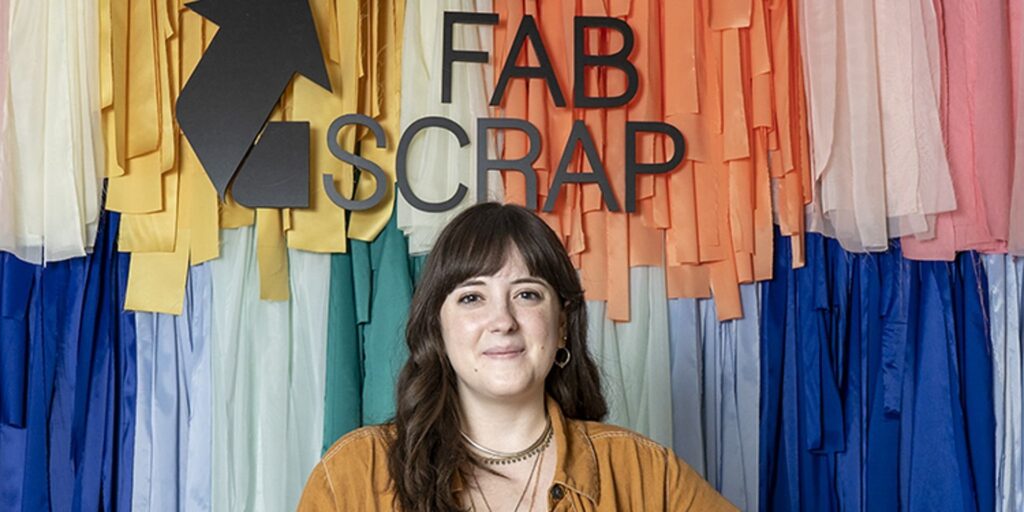This story was originally published by The New Lede. When Philadelphia filed a lawsuit in September 2025 alleging two prominent companies were engaged in a “coordinated campaign of deception” regarding the recyclability of their plastic film products, the City joined a growing group of state and local governments hoping litigation can help stem a rising
MoreIn a city with a long history of woeful recycling rates, Dyvert is trying to make a difference. The Philadelphia-based company aims to boost the circular economy by improving the messaging found around waste, recycling and compost bins to make them more effective and efficient. Its products offer public facilities the ability to display commonly
MoreIn July 2020, after spending several months of the pandemic wondering whether her trash and recycling would be picked up, Sarah Ausprich was frustrated. When it was collected, Ausprich, a resident of Philly’s East Passyunk neighborhood, watched sanitation crews repeatedly combine her trash and recycling in the same truck. Disillusioned by curbside collection, she decided
MoreGrid spoke in October with Samantha Wittchen, director of programs and operations at Circular Philadelphia, which she cofounded (with Grid’s Nic Esposito) in June 2021. Circular Philadelphia aims to drive the growth of a thriving circular economy in Greater Philadelphia through advocacy, education, infrastructure development and collaboration. The following interview has been edited for length
MoreIt was almost 15 years ago that Van Jones wrote his book “The Green Collar Economy: How One Solution Can Fix Our Two Biggest Problems,” and not quite four years ago that Alexandria Ocasio-Cortez and Ed Markey introduced the outline for the Green New Deal. The green economy was the holy grail, but now in
MoreRevolution Recovery was founded in 2004, borne out of cofounder Avi Golen’s shock while cleaning out construction sites and witnessing the mass amounts of drywall that contractors were throwing away. He contacted his college friend Jon Wybar and pitched him the idea to find recycling markets for these materials. Since then, Revolution Recovery has added
MoreTo Greg Trainor, executive director of Philly Reclaim, deconstruction is a no-brainer. An environmentally-friendlier alternative to demolition, deconstruction diverts building materials from the landfill and enables, through reuse, preservation of the embodied energy therein. And because systematically dismantling a building is more labor-intensive than leveling it with an excavator or a wrecking ball, deconstruction promises
MoreSustainable businesses of the 2000s paved the way for the innovative ventures of today
Successful businesses always start by filling a need or relieving a “pain point” for a target market. In Grid’s launch year 2008, when sustainability and “going green” were working their way into the common lexicon and Michael Nutter was elected Philadelphia’s mayor on a sustainability platform, the pain point was really located in the consumer’s
MoreFeast jewelry’s Adrienne Manno doesn’t upcycle because it’s trendy or because she’s on some sustainability soapbox. Manno describes the reclaim-and-repurpose aspect of her jewelry making as an organic outgrowth of incorrigible collecting. On her once-frequent travels, Manno would spot and acquire a piece here, an element there, a 1980s faux horn belt at a London
MoreFeast Jewelry’s Adrienne Manno doesn’t upcycle because it’s trendy. Or because she’s on some sustainability soapbox. Manno describes the reclaim-and-repurpose aspect of her jewelry making as an organic outgrowth of incorrigible collecting. On her used-to-be-frequent travels, Manno would spot and acquire a piece here, an element there—a 1980s faux horn belt at a London flea
MoreWatch how organizations like Fabscrap and All Together Now PA are supporting sustainable clothing designers like Lobo Mau increasing textile recycling to build a circular textile industry in Philadelphia. Read the full cover story here. Grid and Fabscrap are also hosting a live panel discussion on the cover story on Jan 19th, register here.
More

